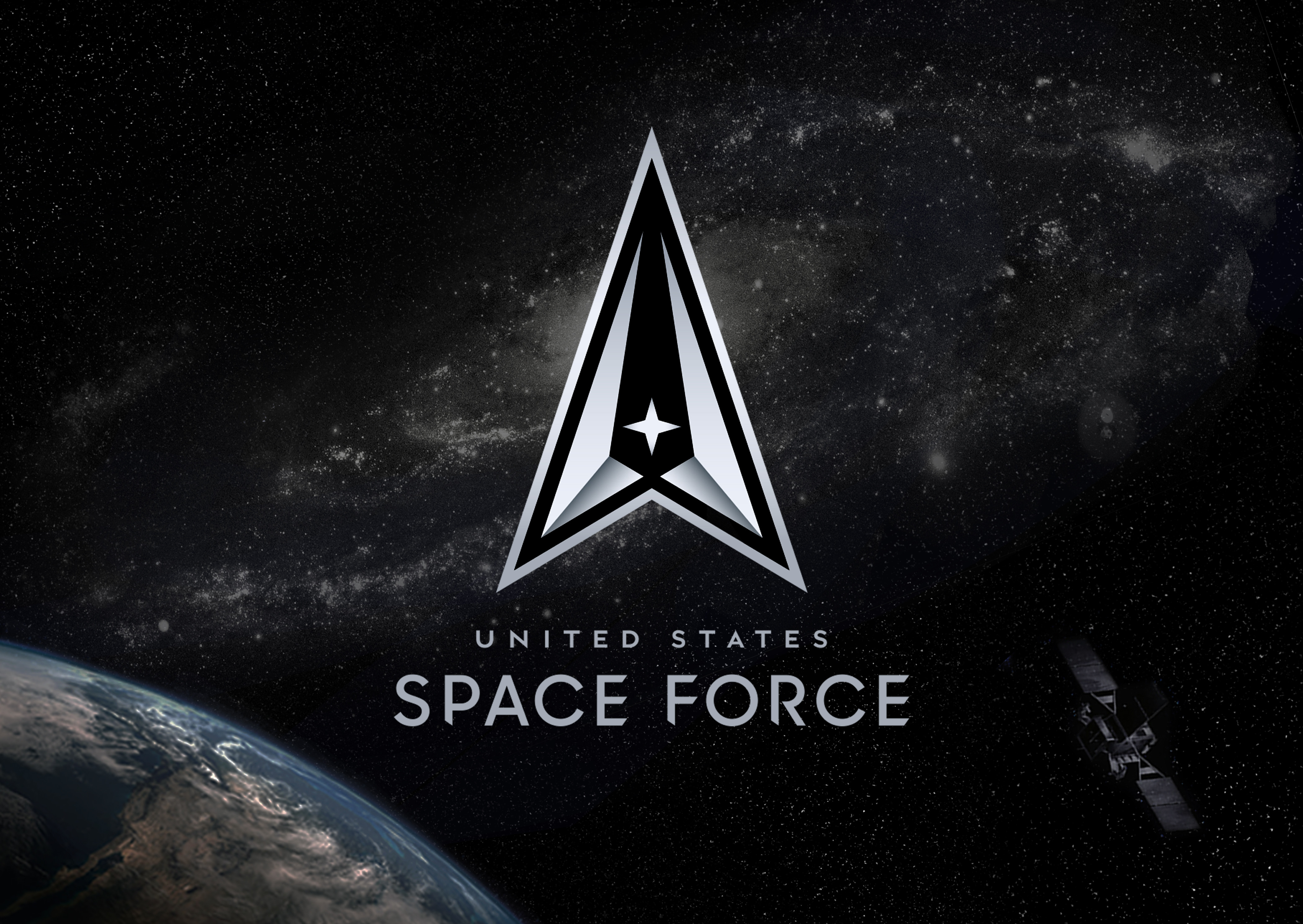
Breaking space news, the latest updates on rocket launches, skywatching events and more!
You are now subscribed
Your newsletter sign-up was successful
Want to add more newsletters?

Delivered daily
Daily Newsletter
Breaking space news, the latest updates on rocket launches, skywatching events and more!

Once a month
Watch This Space
Sign up to our monthly entertainment newsletter to keep up with all our coverage of the latest sci-fi and space movies, tv shows, games and books.

Once a week
Night Sky This Week
Discover this week's must-see night sky events, moon phases, and stunning astrophotos. Sign up for our skywatching newsletter and explore the universe with us!

Twice a month
Strange New Words
Space.com's Sci-Fi Reader's Club. Read a sci-fi short story every month and join a virtual community of fellow science fiction fans!
If you thought the U.S. Space Force sounded pretty sci-fi before, well, the ante has been upped.
The nation's newest military branch, which was officially established on Dec. 20, 2019, has decided to call its personnel "Guardians," a move that will doubtless usher in a flood of "Guardians of the Galaxy" references and jokes.
"Henceforth, the men and women of the United States Space Force will be known as Guardians," U.S. Vice President Mike Pence announced today (Dec. 18) during a ceremony marking the branch's impending first anniversary.
"Soldiers, Sailors, Airmen, Marines and Guardians will be defending our nation for generations to come," Pence added, also invoking the terms that refer to people who serve in the U.S. Army, Navy, Air Force and Marine Corps. (Service members in the nation's other military branch, the Coast Guard, are called "Coast Guardsmen.")
Related: The most dangerous space weapons ever
President Donald Trump directed the Department of Defense to create the Space Force when he signed Space Policy Directive-4 in February 2019. The Space Force was officially stood up 10 months later, becoming the nation's first new military branch since the Air Force in 1947.
The Space Force is officially part of the Air Force, just as the Marine Corps is part of the Department of the Navy.
Breaking space news, the latest updates on rocket launches, skywatching events and more!
The Space Force "organizes, trains, and equips space forces in order to protect U.S. and allied interests in space and to provide space capabilities to the joint force," the new branch's mission statement reads. "USSF responsibilities include developing military space professionals, acquiring military space systems, maturing the military doctrine for space power and organizing space forces to present to our Combatant Commands."
The Space Force's creation aligns with the Trump administration's broader space priorities, which have focused on strengthening the United States' leadership position in space. That position is under increasing threat from China and Russia, White House and military officials have said repeatedly over the past few years.
Pence's speech wasn't the only Space Force action on tap today: NASA astronaut Mike Hopkins officially transferred from the Air Force to the Space Force during a ceremony aboard the International Space Station.
Mike Wall is the author of "Out There" (Grand Central Publishing, 2018; illustrated by Karl Tate), a book about the search for alien life. Follow him on Twitter @michaeldwall. Follow us on Twitter @Spacedotcom or Facebook.

Michael Wall is a Senior Space Writer with Space.com and joined the team in 2010. He primarily covers exoplanets, spaceflight and military space, but has been known to dabble in the space art beat. His book about the search for alien life, "Out There," was published on Nov. 13, 2018. Before becoming a science writer, Michael worked as a herpetologist and wildlife biologist. He has a Ph.D. in evolutionary biology from the University of Sydney, Australia, a bachelor's degree from the University of Arizona, and a graduate certificate in science writing from the University of California, Santa Cruz. To find out what his latest project is, you can follow Michael on Twitter.
